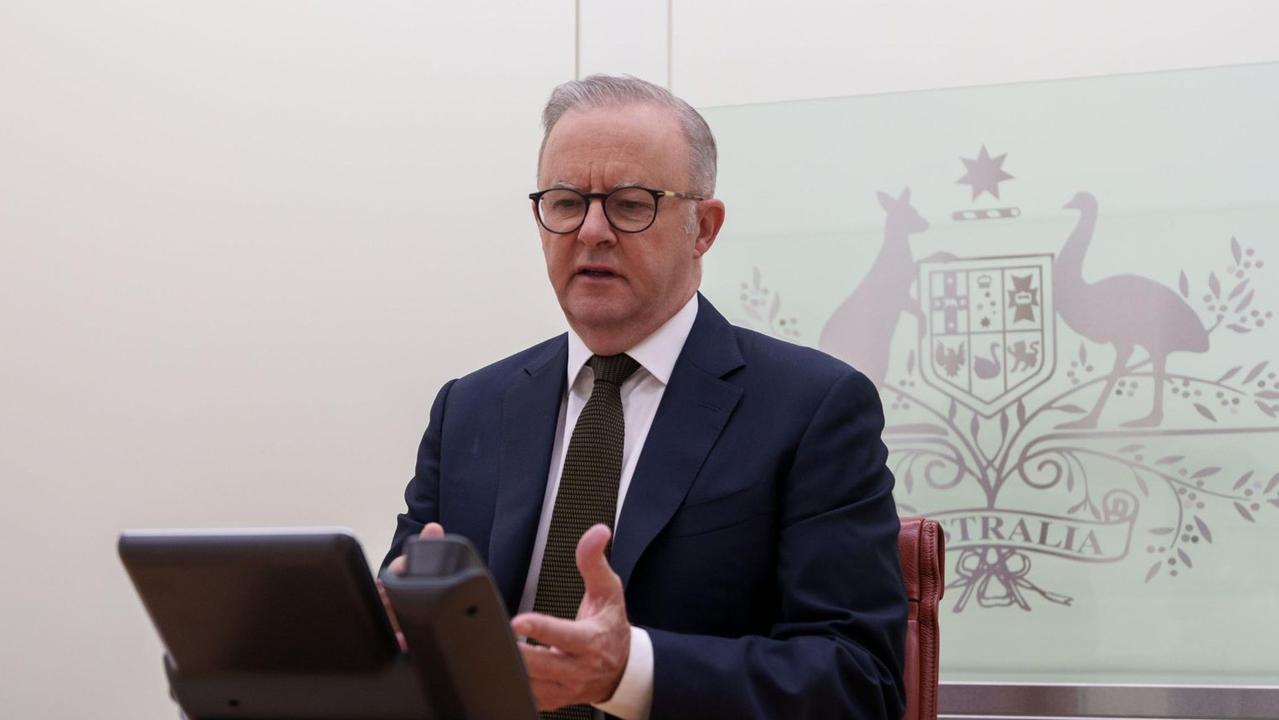Paul Weston: Why we must care for foster carers if we are to save thousands of young lives
THE door needs to be opened on our foster care system. Stakeholders should be invited to the table for a frank conversation about improving it. We are talking about the future of 8800 children in care.
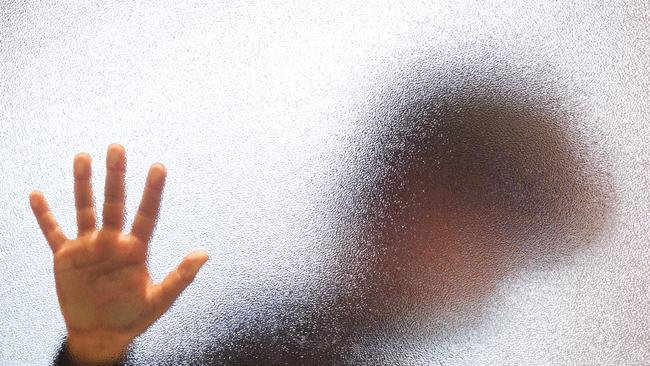
Opinion
Don't miss out on the headlines from Opinion. Followed categories will be added to My News.
THE door needs to be opened on the foster care system. Stakeholders should be invited to the table for a frank conversation about improving it. We are talking about the future of 8800 children in care.
In a report late last year, the Bulletin shone a spotlight on child safety and the debate about how to best protect kids, following a decision to try to reunite a family despite a pot-smoking and violent mother having bashed her daughter.
MORE FROM PAUL WESTON
WHY DO GOLD COASTERS SCARE SO EASILY?
THE REPORT CARD RATING THE GAMES
TOURISM’S TOUGH CHALLENGE POST-GAMES
The four-year-old indigenous Gold Coast girl sustained a fractured face and acquired brain injury after being bashed by the 21-year-old mother. The parent was charged but dodged jail.
What emerged was the youngster had been in foster care and “reunited’’ a few months before the assault for unsupervised visits with the mother.
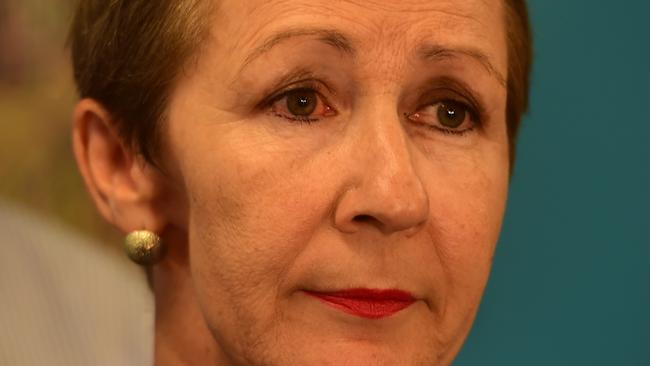
Queensland this week is celebrating foster carers, with Child Safety Minister Di Farmer hailing 5300 families as “the backbone of the state’s child safety system”.
How to we strengthen that backbone?
We can give more voice to the carers. The Government is rightly championing its success stories, like that of Mudgeeraba couple Mark and Jennifer Justo.
The Coast couple in the past 35 years have fostered about 50 children and now, in their 60s, predict the latest children in their care, two brothers aged 12 and 16, will be their last placements.
They confirm what others inside the system have warned this column – that the biggest change across the decades has been in confronting the challenges of mental health and drugs.
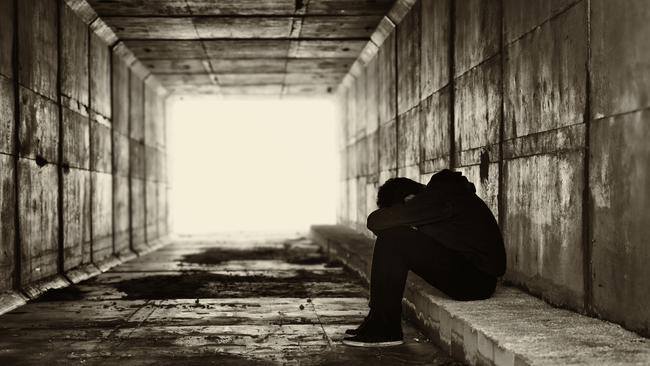
“We’ve had kids with mums who have had some serious mental health issues. We try to do whatever possible to keep the children in touch with their natural families,” Ms Justo said.
“Even when they don’t, it is important the children stay in contact with as many of their natural family members as possible. But in some cases, particularly where mental health is involved, it may not be possible to reconnect with a parent.”
Insiders say the department needs more staff trained in mental health. Foster carers must be given a full health brief, covering sexual and physical abuse, and any concerns about autism or ADHD.
A child safety insider said: “Surely a psychologist or psychiatrist can determine if a child is of a sound mind. Child support officers are just social workers. This is where it falls flat.
“It’s a disaster when kids come through that door of a new home and foster carers are denied information on their background.’
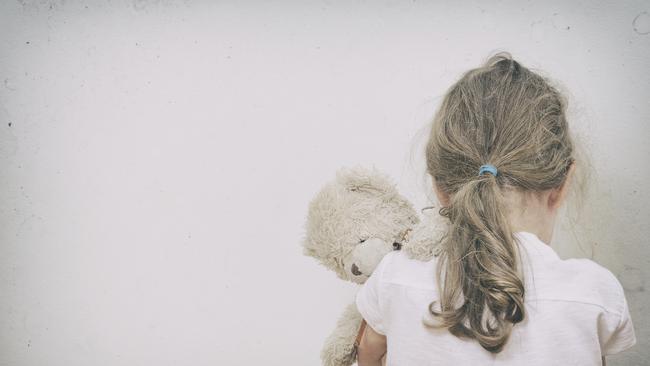
Labor’s reforms, which include a permanency care order allowing longer stays, are being welcomed. A $2.6 million foster care recruitment campaign is under way.
But everyone agrees that staffing levels, under all governments, remain an issue. Some officers have a case load of up to 30 kids.
If you are considering foster caring, the fortnightly payment is about $484. But you will buy clothes for the kids, be confronted by endless meetings, and accommodate the bureaucracy, all this beyond the challenge of care.
Why do foster carers do it?
“It’s compassion for the children, because these poor little children have absolutely no hope,” a carer said.
Ms Justo sees it this way. For the first time, a child can be shown the world of family, beyond chaos and dysfunction.
“I think you, as a carer, shouldn’t be doing it as job. It’s because you care,” she said.
“Your heart has to be in it. They have to be your kids.
“You have to connect with them like they’re your own children.”


